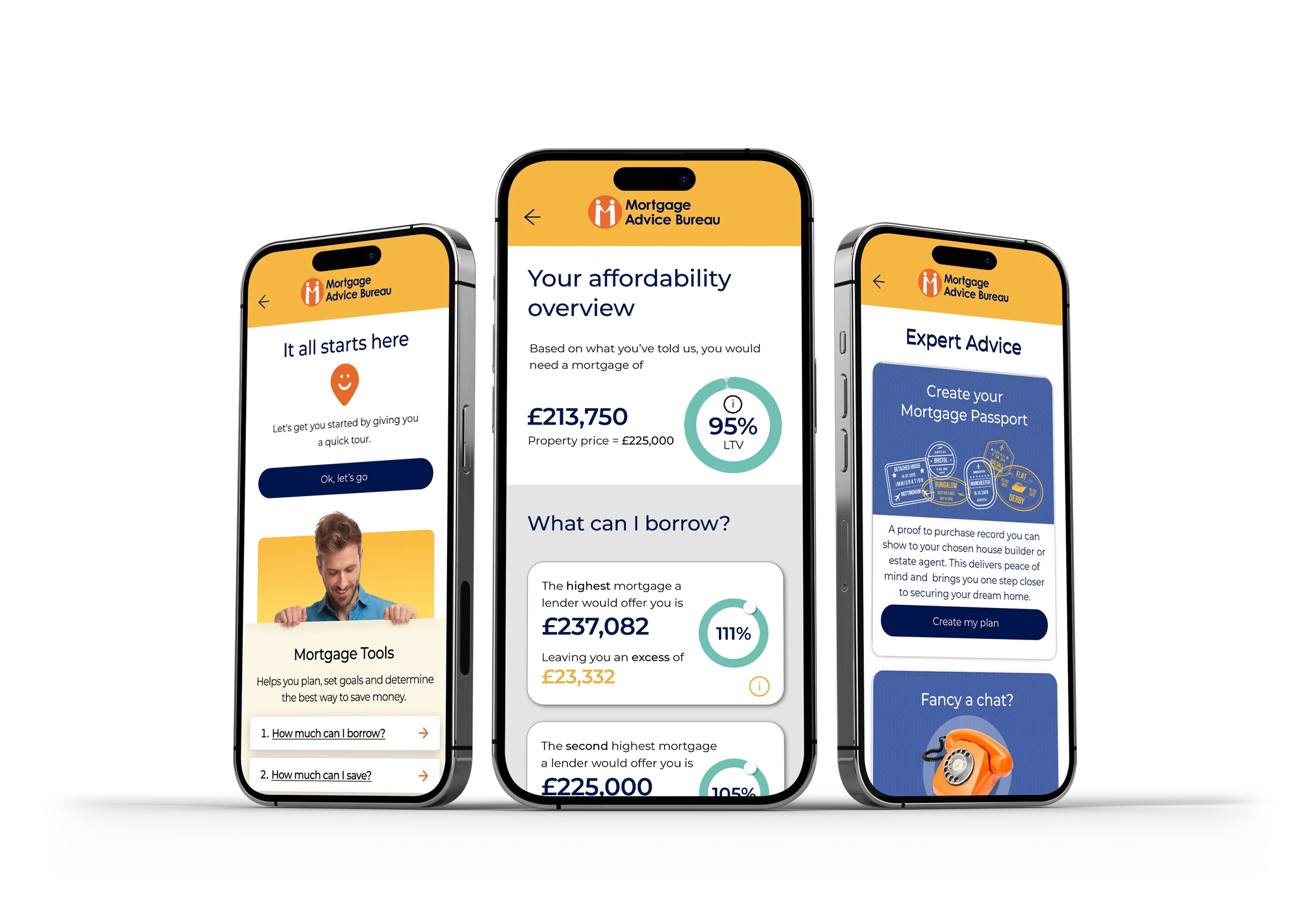The world of credit can feel like a haunted house, full of spine-tingling surprises and skeletons you'd rather keep hidden. That’s why we’re arming you with the knowledge you need to conquer those frightening financial myths around your credit score - wherever you may be on your mortgage journey.
Lenders use your credit score to determine how financially responsible you are and if you can evidence that you have made payments on time. An excellent credit score shows them you're a reliable borrower, and can significantly increase your chances of getting approved for a mortgage. However, having a low credit rating isn’t the end of the road…
Myth: You need a perfect credit score to get a mortgage
While a high credit score can help to secure you a better interest rate, it’s not the sole prerequisite for getting a mortgage. In fact, many lenders have options for borrowers with a less-than-perfect credit rating.
Factors like your income, debt-to-income ratio, and the size of your deposit are also heavily factored into a lender's decision. While you might pay a higher interest rate or be required to put down a larger deposit, having a low credit score doesn't automatically disqualify you from getting a mortgage.
It's equally important to understand that what a credit reference agency’s interpretation of your credit score is, and what a lender says your credit score is, are often two different things. Even if you have a high credit score, a lender can still decline your application if you don't pass their internal credit checks. For example, a score of 999 (very high) doesn't guarantee approval if you have little or no history of making payments, as the lender has no proof you can manage credit responsibly.
Myth: A mortgage in principle affects your credit score
A mortgage in principle doesn’t usually impact your credit score. Most lenders use a soft credit check, which provides them with a basic overview of your financial history without leaving a visible mark on your credit file for other lenders to see. However, it’s important to check with the specific lender, as some may perform a hard credit check. This is visible to other lenders, and multiple hard checks in a short time can negatively impact your score. A full mortgage application, once you've found a property, will always involve a hard credit check.
Myth: You have to pay off all your outstanding debts before getting a mortgage
Although it’s always preferable to have a low debt-to-income ratio, being ‘debt-free’ doesn't necessarily mean you have a good credit history. Lenders need to see a track record of responsible borrowing and repayment. Having a mix of credit accounts (such as a credit card and direct debits) and managing them well is also one of the factors that makes up your score, and allows you to clearly evidence making payments on time.
Myth: Shopping around for mortgage rates will impact your credit score
This is actually one of the biggest misconceptions. It's a responsible financial move to compare offers from different lenders, and credit scoring models are designed to understand that people shop around for such a significant purchase to ensure they select the right deal for their needs. There are a number of comparison tools that will show you rates that are available, so it’s well worth exploring these to see what’s out there.
Myth: You shouldn’t use your credit card before/after getting a mortgage
This is a partial myth. You can continue to use your credit cards responsibly, but you should avoid making new applications for credit or maxing out your cards entirely. The reason is that lenders want to see that you can manage a variety of credit accounts well. Having a small balance on your credit card that you pay off each month shows that you’re managing your finances responsibly. What you want to avoid is new credit enquiries (new cards, car loans, personal loans, etc.) which can cause a temporary dip in your score. It’s also worth noting that high balances will hurt your credit ratio and show you may be over-relying on credit.
Explore your options
Whether you’re at the start of your homebuying journey, or your current mortgage deal is coming to an end, you should always make sure that your credit score is in good shape. However, if you do need time to get your finances in order, don’t stress.
While credit does play an essential role in a lender’s eligibility criteria, it’s not the only thing taken into account. That’s why speaking to an expert mortgage adviser is worth their weight in gold. They’ll be able to talk you through everything you need, tailoring your application to ensure that you secure the most suitable deal for your financial circumstances.
Ready to speak to an adviser?
Request a callback
Important information
Your home may be repossessed if you do not keep up repayments on your mortgage.
There may be a fee for mortgage advice. The actual amount you pay will depend on your circumstances. The fee is up to 1% but a typical fee is 0.3% of the amount borrowed.




